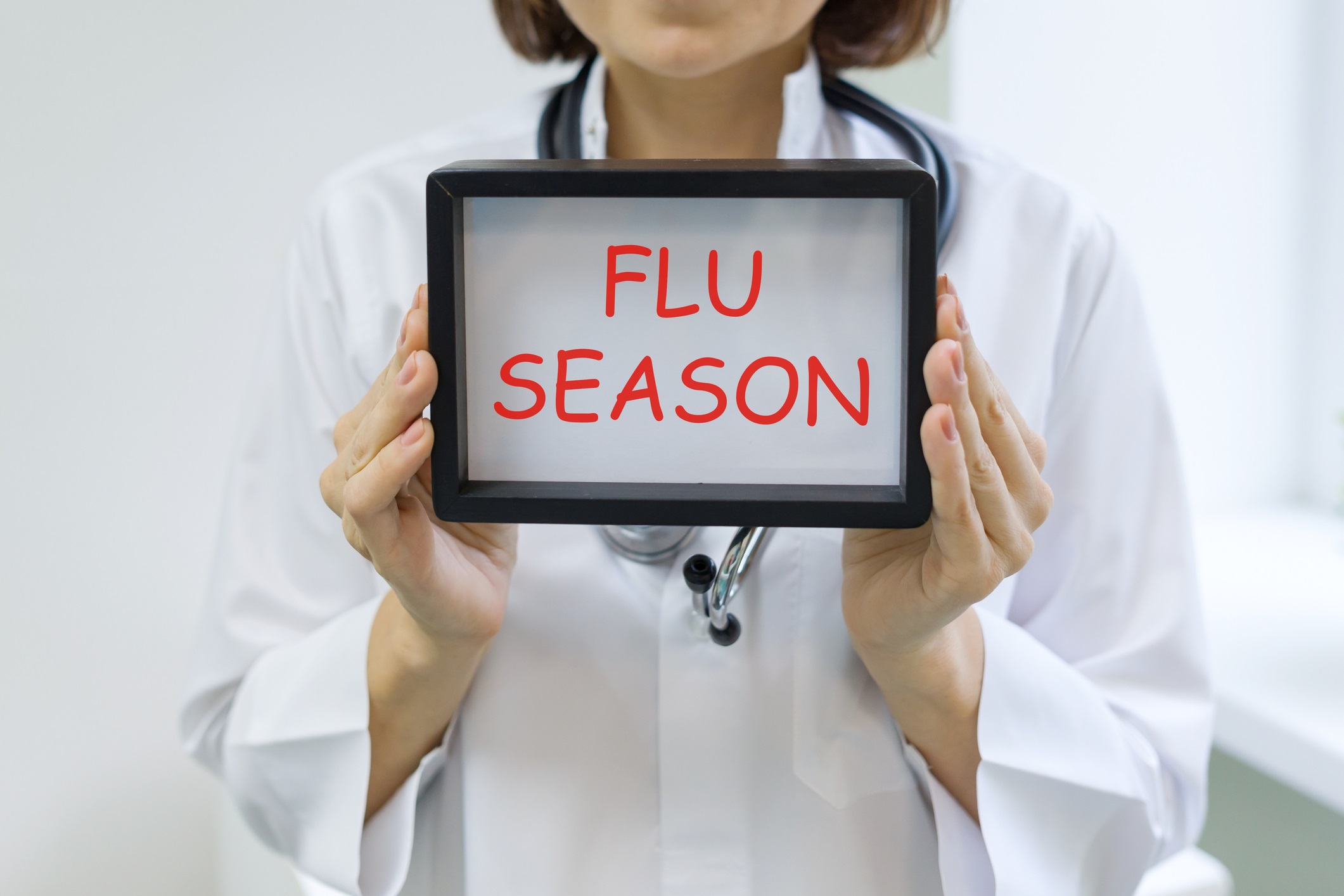March 10th through the 16th has been designated National Patient Safety Awareness Week. In recognition of this observance, Flushing Hospital Medical Center has scheduled a full week of fun and educational activities.
 To kick-off the week, the Patient Education Department is holding a special all-day event in the hospital lobby to test everyone’s safety knowledge by playing various games where participants have the opportunity to answer questions and win prizes.
To kick-off the week, the Patient Education Department is holding a special all-day event in the hospital lobby to test everyone’s safety knowledge by playing various games where participants have the opportunity to answer questions and win prizes.
Throughout the week, Flushing Hospital will ask everyone to take the ‘Hand Hygiene Pledge” and hospital staff will also demonstrate proper donning and doffing of personal protective equipment (PPE), which can eliminate the transmission of infectious disease.
The theme of this year’s Patient Safety Awareness week is “See, Say, Do & Thank You”, which asks patients to not only notice and identify good safety practices, but also do something by thanking those individuals when these practices are witnessed.
One of the most important factors in improving patient safety is practicing proper hand hygiene and Flushing Hospital’s hand hygiene compliance rates are above national averages.
Congratulations to all involved in making Flushing Hospital a safe environment for our patients.
All content of this newsletter is intended for general information purposes only and is not intended or implied to be a substitute for professional medical advice, diagnosis or treatment. Please consult a medical professional before adopting any of the suggestions on this page. You must never disregard professional medical advice or delay seeking medical treatment based upon any content of this newsletter. PROMPTLY CONSULT YOUR PHYSICIAN OR CALL 911 IF YOU BELIEVE YOU HAVE A MEDICAL EMERGENCY.



